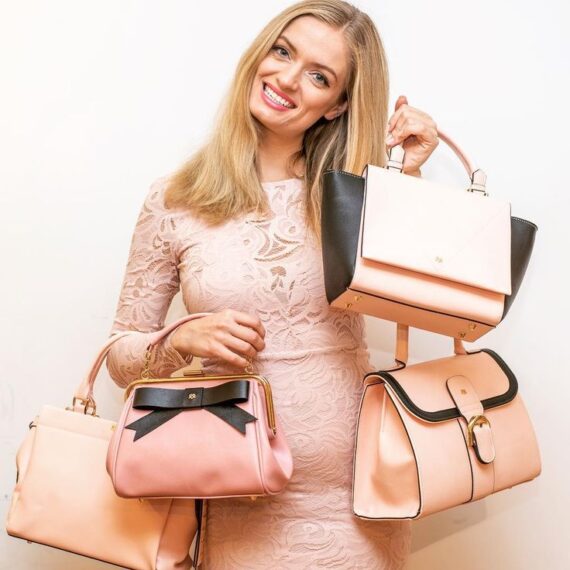Changing Consumer Preferences
Sustainability and avoiding animal products have become increasingly important considerations for consumers when making purchasing decisions in recent years. Many shoppers are now looking to make more eco-friendly and cruelty-free choices that don’t harm animals or damage the environment. This shift in values and priorities has led to rapid growth in the market for vegan and sustainable fashion accessories. Handbags, in particular, are one area where demand for cruelty-free leather alternatives has surged.
Luxury brands have taken notice of changing consumer preferences and the commercial opportunities in sustainable materials. Where vegan handbags were once limited to basic styles made from synthetic fabrics, shoppers can now find high-end designers incorporating vegetable-tanned leather made from plant fibers like cactus and pineapple. These innovative materials allow for exquisitely crafted Luxury Vegan Handbags that rival traditional luxury styles in quality, durability and appearance.
The Rise of Vegetable-Tanned Leathers
Much like animal leather is processed, vegetable tanned materials undergo treatments that make them supple and durable for handbag construction. Pinatex, for example, is a commercially viable alternative created from the waste leaves of the pineapple plant. The fibers are separated, sorted, dyed and processed using techniques similar to conventional leather production. The end result is a material that has the look and feel of rawhide but is completely vegetable-based.
Pinatex has gained widespread popularity due to its premium hand feel and variety of possible colors and finishes. Major luxury houses like Stella McCartney have incorporated the material into high-end collections. But Pinatex is just one of several botanical leather options now mainstream enough for use by top designers. Others gaining traction include Figue – crafted from discarded fig tree bark – and Cactus leather from nopal cactus. With materials suitable for vegan bags advancing rapidly, the possibilities for elegant cruelty-free designs continue expanding.
New Directions in Sustainable Luxury
Established luxury brands have embraced sustainable innovations by bringing vegan bags and accessories to their core collections. Companies now see promoting ‘green’ designs as crucial to appealing to ethically-minded younger shoppers entering the market. Prada Group led the way by making sustainable materials central to their strategy, launching entire lines made from renewable sources under their production houses.
Other legacy labels like Chanel and Gucci have debuted exclusive vegan capsule collections alongside their standard leather goods ranges. These initiatives allow brands to experiment with new silhouettes and textures while satisfying demand. And some names like Stella McCartney specialize fully in animal-product free fashion at luxury price points. Continued investment and focus on sophistication and quality reassure shoppers vegan styles can stand among traditional luxury pieces.
A Growing Global Phenomenon
The rise of vegan luxury isn’t limited to fashion capitals like Milan, Paris and London. Handbag designers globally are innovating with plant-based leathers and pushing boundaries in sustainable materials. In India, labels like Nicobar craft premium bags from pineapple leaf fiber and banana textiles respecting that nation’s Jain heritage.
In Brazil, Katmin leather goods incorporate innovative by-products of acai, babassu and buriti fruits into elegant structured bags. And Indonesia based label Olio E Osso produces sustainably chic styles exclusively from agricultural residues such as cashew bark and coffee husks. With demand widespread, distribution networks have expanded to make vegan designer bags widely accessible internationally. What began as a niche is now a mainstay of the global luxury industry.
The Future of Luxury is Vegan
As consumer awareness of sustainability issues grows alongside ethics and values, vegan materials will only continue advancing. Researchers and designers across the globe are working diligently to find new plant fibers and biological inputs that could form the luxury goods of tomorrow. Promising prospects include bag leathers engineered from agricultural food waste, algae bio-materials, and fungal mycelium tissues.
As an open-minded commitment to innovation takes hold, younger generations shopping with environmental and animal welfare priorities will drive further market changes in decades to come. For luxury brands, vegan designs are fast becoming not an option but a necessity. Their sustained focus on crafting premium cruelty-free accessories signals that the future of the industry is indeed vegan. With sustainable materials advancing rapidly, the possibilities for elegant conscience-friendly designs seem endless.
*Note:
- Source: CoherentMI, Public sources, Desk research
- We have leveraged AI tools to mine information and compile it

